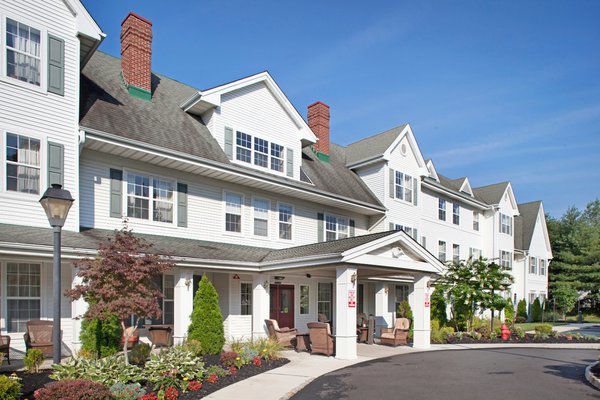
620 State Highway, 35 S, Middletown, NJ 07748
4.2
(17 reviews)
I went to Brighton Gardens of Middletown. Everybody was friendly. I like that they had the animals in there. The price is kind of steep though. The staff I spoke with was very nice and helpful. The facility was clean. The size of the rooms was nice a...
$5,867


















